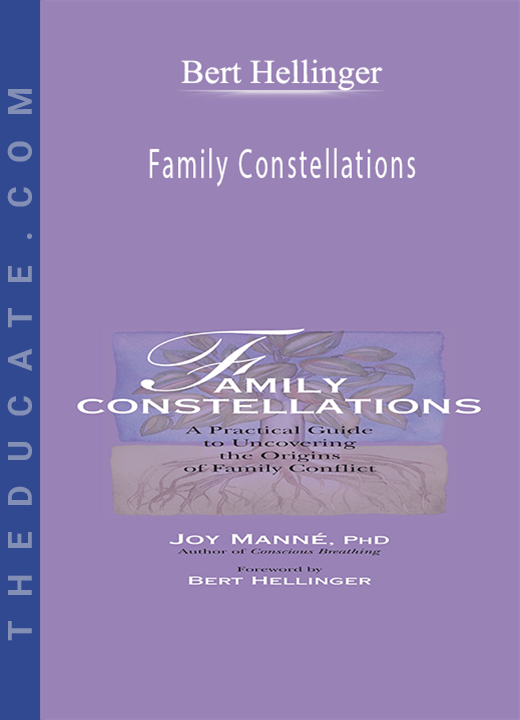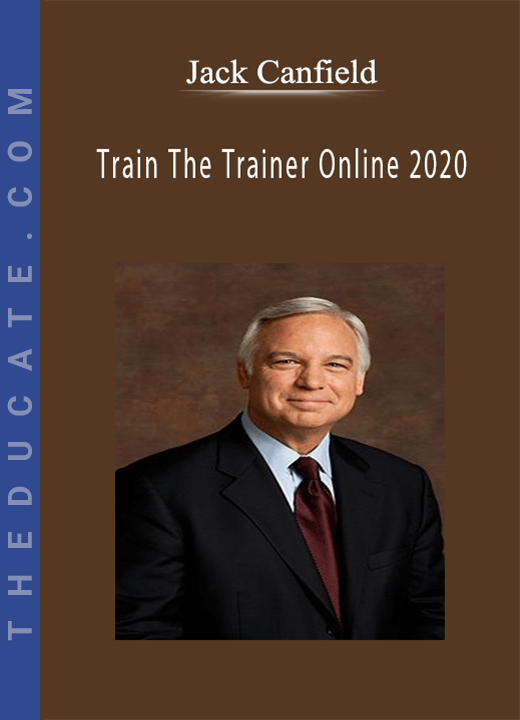Description

Bert Hellinger – Family Constellations
Family Constellations, also known as Systemic Constellations and Systemic Family Constellations, is an alternative therapeutic method which draws on elements of family systems therapy, existential phenomenology and Zulu attitudes to family. In a single session, a Family Constellation supposedly attempts to reveal a previously unrecognized systemic dynamic that spans multiple generations in a given family and to resolve the deleterious effects of that dynamic by encouraging the subject to encounter representatives of the past and accept the factual reality of the past.
Family Constellations diverges significantly from conventional forms of cognitive, behaviour and psychodynamic psychotherapy. The method has been described by physicists as quantum quackery, and its founder Bert Hellinger incorporates the pseudoscientific idea of morphic resonance into his explanation of it. Positive outcomes from the therapy have been attributed to conventional explanations such as suggestion and empathy.
Practitioners claim that present-day problems and difficulties may be influenced by traumas suffered in previous generations of the family, even if those affected now are unaware of the original event in the past. Hellinger referred to the relation between present and past problems that are not caused by direct personal experience as Systemic entanglements, said to occur when unresolved trauma has afflicted a family through an event such as murder, suicide, death of a mother in childbirth, early death of a parent or sibling, war, natural disaster, emigration, or abuse. The psychiatrist Iván Böszörményi-Nagy referred to this phenomenon as Invisible Loyalties.
This description is the prototype group Family Constellation as developed by Bert Hellinger in the 1990s. Many practitioners have blended Constellation work with psychological aspects of healing. Others have kept the classic form as taught by Bert Hellinger, such as the Constellation Approach.[8] The Constellation Approach merges concepts of Family Constellations, energy medicine, and consciousness studies to complement the understanding of classic Constellation methodology.
A group (workshop) is led by a facilitator. In turn, members of the group can explore an urgent personal issue. Generally, several members will be given an opportunity to set up a Constellation in each session.
After a brief interview, the facilitator suggests who will be represented in the Constellation. These are usually a representative for the seeker, one or more family members, and sometimes abstract concepts such as “depression” or a country.
The person presenting the issue (seeker or client) asks people from the group to stand in the Constellation as representatives. He or she arranges the representatives according to what feels right in the moment. The seeker then sits down and observes.
Several minutes elapse with the representatives standing still and silent in their places. Initially, unlike psychodrama, the representatives do not act, pose, dialogue or role play.
Emphasis is placed on perceptive intuition in placing the representatives and in subsequent steps of the procedure. The aim is supposedly to tune into what the psychiatrist Albrecht Mahr describes as the Knowing Field[9] and former biologist Rupert Sheldrake has suggested is morphic resonance. The Knowing Field is claimed to guide participants to perceive and articulate feelings and sensation that mirror those of the real family members they represent; however, representative perception (morphic resonance) is not a concept with any scientific basis. The representatives have little or no factual knowledge about those they represent. Nevertheless, the representatives usually experience feelings or physical sensations that are thought to inform the process.
The facilitator may ask each representative to briefly report how they feel being placed in relation to the others. The facilitator, seeker, and group members may believe they perceive an underlying dynamic in the spatial arrangement and feelings held by the representatives that influence the presenting personal issue. Often, configuring multiple generations in a family is thought to reveal that severe traumas continue to unconsciously affect the living long after the original victims or perpetrators have died.
A healing resolution for the issue generally is supposedly achieved after re-positioning the representatives and adding key members of the system who have been forgotten or written out of the family history. When every representative feels right in his or her place and the other representatives agree, the facilitator may suggest one or two sentences to be spoken aloud. If the representatives do not feel at peace with their new position or sentences, they can move again or try a different sentence. This is claimed, in an abstract way, to represent a possible resolution of the issues faced by the seeker. Sometimes the process concludes without a full resolution being achieved.
When the facilitator feels that the healing resolution has taken hold among the representatives, the seeker is invited to “replace his/her representative in the Constellation”. This supposedly allows the seeker to perceive how it feels to be part of a reconfigured system. When everyone feels comfortable in their place, the Constellation concludes.
Bert Hellinger
Bert Hellinger (born 16 December 1925, in Leimen, Baden, Germany as Anton Hellinger) is a German psychotherapist associated with a therapeutic method best known as Family Constellations and Systemic Constellations. In recent years, his work has evolved beyond these formats into what he now calls Movements of the Spirit-Mind. Several thousand professional practitioners worldwide, influenced by Hellinger, but not necessarily following him, continue to apply and adapt his original insights to a broad range of personal, organizational and political applications.
Controversy
Adolf Hitler
Hellinger created controversy in writing a poem dedicated to Adolf Hitler which asks the reader to identify something of themselves in Hitler and to respect that part of themselves. Several articles related to this appeared in the Dutch antifascist magazine “alert!”.
Incest
Hellinger’s position on Incest that the perpetrator should not be punished is regarded as questionable in the therapeutic community and is summarized by this quote taken from one of his recent books:
Now about incest. If you are confronted with cases of incest, a very common dynamic is that the wife withdraws from her husband, she refuses a sexual relationship. Then, as a kind of compensation, a daughter takes her place. This is an unconscious movement, not a conscious one. But you see, with incest there are two perpetrators, one in the background and one in the open. You cannot resolve that unless this hidden perpetrator is brought in. There are very strange sentences that come to light. The daughter can tell her mother, “I do it for you.” And she can tell her father, “I do it for mother.” What is the effect of these sentences? Incest cannot go on anymore. If you want to stop it, this is the best way without any accusations.
If you bring a perpetrator to justice, then the victim will atone for what is done to the perpetrator.”
Hellinger goes on to tell a story of an incest/abuse victim who became suicidal, because the perpetrator was prosecuted.
Other controversial positions taken by Hellinger
A breast cancer victim may secretly want to die due to a woman’s unconscious “war with her mother.”
Homosexuality may result because a boy unconsciously assumes the feelings of a deceased aunt or great aunt when there are no female descendants in the lineal family system.
Rape and incest create a bond; the perpetrator must receive “due respect” as the giver of life before the victim can bond with another.
Works
Hellinger has published more than 30 books with combined sales of one million copies in at least ten languages. Some of his books translated into English include:
Hellinger, B. (2001). Love’s own truths: Bonding and balancing in close relationships (M. Oberli-Turner & H. Beaumont, Trans.). Phoenix, AZ: Zeig, Tucker & Theisen.
Hellinger, B. (2002). Insights: Lectures and stories. (J. ten Herkel, Trans.). Heidelberg, Germany: Carl-Auer-Systeme Verlag.
Hellinger, B. (2002). On life & other paradoxes: Aphorisms and little stories from Bert Hellinger (R. Metzner, Trans.). Phoenix, AZ: Zeig, Tucker & Theisen.
Hellinger, B. (2003). Farewell family constellations with descendants of victims and perpetrators (C. Beaumont, Trans.). Heidelberg, Germany: Carl-Auer-Systeme Verlag.
Hellinger, B. (2003). Rachel Weeping for Her Children: Family Constellations in Israel Heidelberg, Germany: Carl-Auer-International.
Hellinger, B. (2003). Peace begins in the soul: Family constellations in the service of reconciliation (C. Beaumont, Trans.). Heidelberg, Germany: Carl-Auer-Systeme Verlag.
Hellinger, B. (2006). No waves without the ocean: Experiences and thoughts (J. ten Herkel & S. Tombleson, Trans.). Heidelberg, Germany: Carl-Auer-Systeme Verlag.
Hellinger, B. (2007). With God in mind. Berchtesgaden, Germany: Hellinger Publications.
Hellinger, B. & ten Hövel, G. (1999). Acknowledging what is: Conversations with Bert Hellinger. Phoenix, AZ: Zeig, Tucker & Theisen.
Hellinger, B., Weber, G., & Beaumont, H. (1998). Love’s hidden symmetry: What makes love work in relationships. Phoenix, AZ: Zeig, Tucker & Theisen.







6 reviews for Bert Hellinger – Family Constellations
There are no reviews yet.